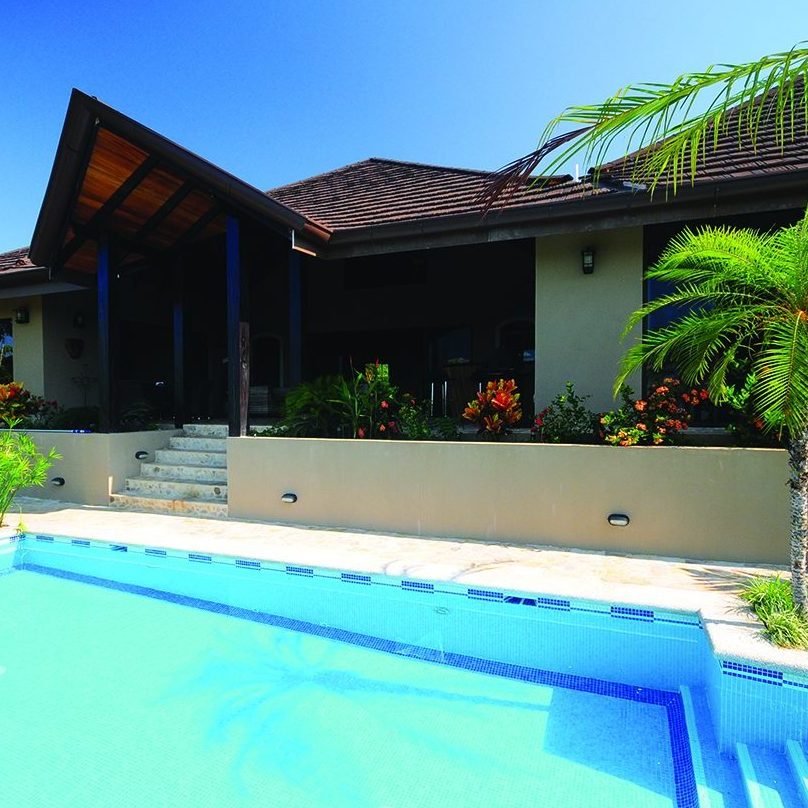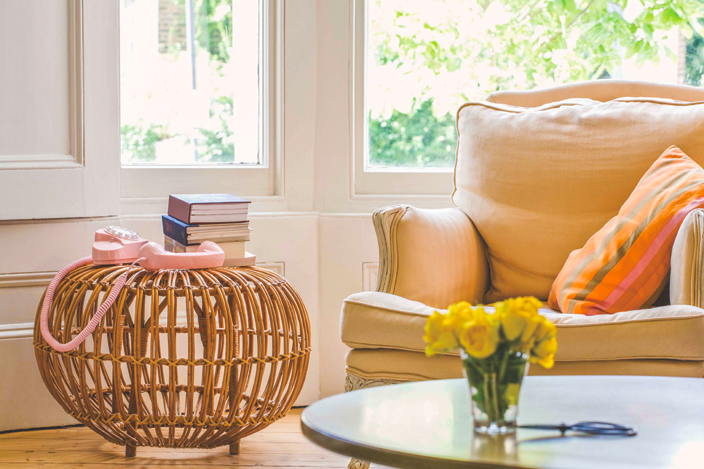The planning process is one of the most exciting parts of a home renovation project, and with social distancing keeping us indoors, now is the time to dream big and get ready. Whether it’s a basement makeover, a pool addition or even building a new house from scratch, here are some tips to get started:
1. Factor in your lifestyle. Think about your priorities and lifestyle – do you work from home without a proper home office? Do you enjoy cooking and entertaining? Is your backyard living up to its potential as an extension of your home? Asking these kinds of questions can help you determine the most beneficial focus for your next project.
2. Educate yourself. Take advantage of this extra time you have to learn about materials, processes and new innovations. You can make smarter purchasing decisions by finding out the answers to key questions, such as: Is this material mold-resistant? How long will it last? Is this a passing fad or will it stand the test of time?
3. Consider sustainability. Products and materials that reduce your carbon footprint don’t just help the planet —they’re often better for your wallet, too. When doing your research, look for energy-efficient appliances, windows, walls and more to build a greener home that will last longer and save you money in the long run.
4. Disaster-proof your design. The pandemic has taught us that sometimes the worst can happen. From natural disasters to fires and flooding, we need our homes to offer as much protection as possible. Whether you’re planning an extension to your home, pools and spas for your backyard or a custom-built home, insulated concrete forms from Nudura are a smart investment. An eco-friendly alternative to traditional materials like wood, ICFs are disaster resilient, designed to withstand wind, fire, tornados, and more.
5. Budget for smart splurges and savings. Budgeting is one of the most important parts of the planning process because you want to spend your hard-earned money wisely. You’ll want to splurge on items that will boost your property value, like energy-efficient features, creating more living space and a solid foundation. Upcycling and repurposing furniture, DIY-ing simpler projects like painting, and spending more on nicer hardware but less on cabinets are clever ways to save.








